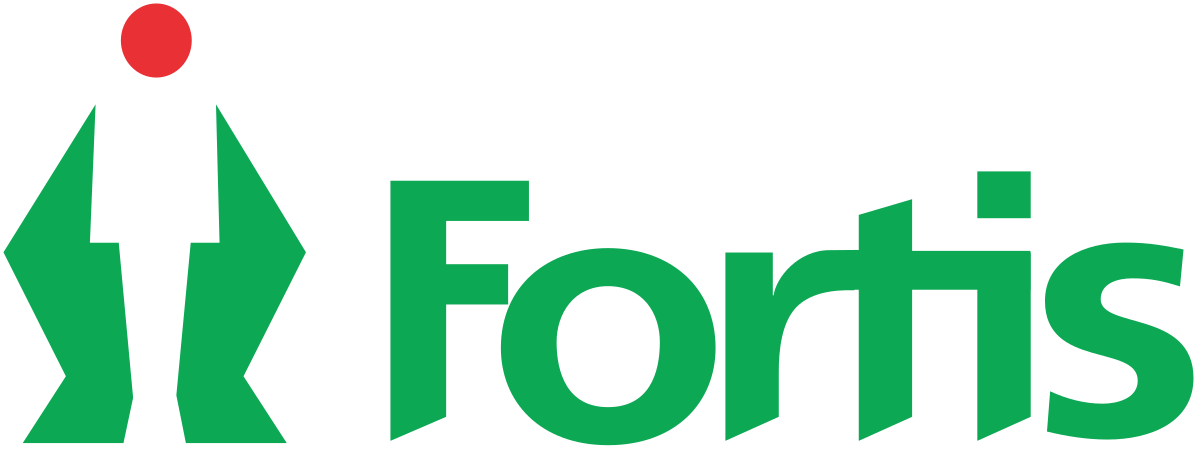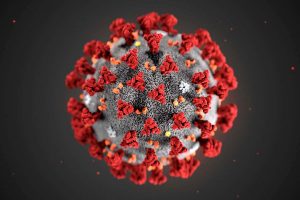Guest Blog- COVID-19 Could Leave Scars of Mysophobia, Depression and OCDs


Human resilience has helped this race survive so long. Thus it goes without saying that the Novel Corona Virus pandemic will also pass. But it may well leave scars that will take a resolve to overcome.
Home quarantine, a continuous cycle of news of morbidity, fear lurking in every corner of getting contaminated, depression from the bearish market, staring at job loss and recession could leave scars on the mind that may take time to repair.
This constant overdrive to wash hands and be careful of contamination could lead to Mysophobia.
“Any phobia, by definition, is an irrational or disproportionate fear of objects or situations. Mysophobia, similarly, is an irrational fear of dirt and contamination. The constant reminders that people are presently getting with respect to hand-washing has a very specific purpose. It is targeted at preventing the spread of the viral infection. Admittedly, being continuously reminded of it can make some people more worried about it and therefore go into overdrive. That is why it is very important that in educating people regarding hand-washing, we also educate them regarding the reason behind it. This minimizes the chances of irrational fears setting in.
Thus, chances are low, though admittedly not nil, that people may develop a phobia based on excessive focus on hand hygiene. The operative word here is excessive. If one feels that they may be overdoing things or worrying too much about the general ideas of dirt, contamination and their impact rather than just the corona virus specifically, it may be a good idea to consult a mental health professional,” advised Dr Srishti Saha, Consultant Clinical Psychologist, Fortis Anandapur.
With Stocks plummeting and people facing real life chances of losing jobs, she further said “Focus on the solvable parts of the problem such as maintaining good hygiene, following healthy lifestyle, being cautious about symptoms, and seeking medical help, if in doubt. As far as the currently unsolvable aspects of the situation are concerned, focus on emotional wellness. Try to divert attention away from the negatives, engage in recreational activities that you’ve always wanted to do, stay connected remotely with loved ones, engage in spirituality, and remember, nothing lasts forever. If it feels too overwhelming or difficult to manage alone, speak to a professional. At the end of it all, hope for the best.”
One of the minor side-effects could be a new OCD leading from habits forced on us.
“As clichéd as it may sound, but nothing in life is guaranteed. So there is a chance that cleaning habits being encouraged now, may lead to OCD like manifestations. The virus itself is so new that a lot is still not known about it. Consequently predicting its aftermath is extremely difficult. The chances are low that simply due to following of hygiene practices, people would go on to develop OCD. The psychological disorder OCD has a complex set of factors at its etiological origins. These include neuro-chemical imbalances, genetic malformations, personality structure and hereditary factors. As a result it must not be assumed that people’s vulnerability to OCD is increasing due to washing behaviours that they are engaging in now. Having said that, what differentiates the so-called normal behaviours from the so-called disordered ones is the intensity of it. Anything carried too far can have harmful consequences. So, while we absolutely must follow the hygiene practices being recommended, we must also take care not to overdo it and to try to go back to our usual practices when the threat of the corona virus subsides. If OCD-like symptoms do become manifest, prompt professional intervention would help,” she added.
About the author- Dr Srishti Saha, Consultant Clinical Psychologist, Fortis Anandapur
